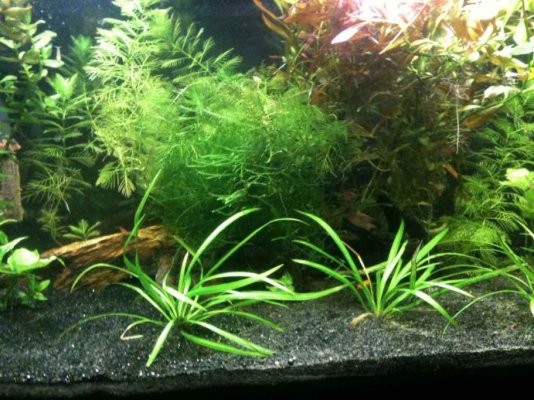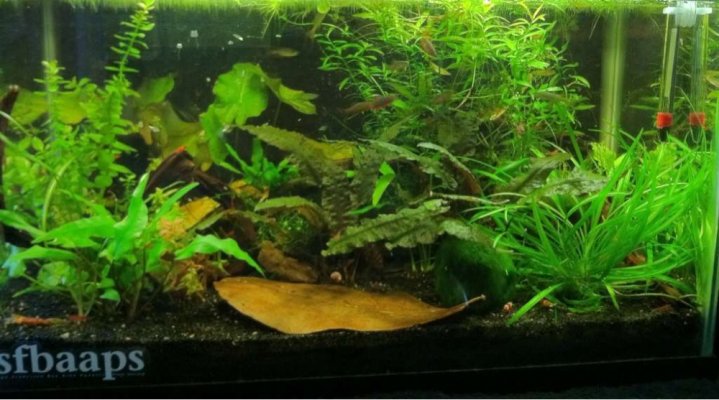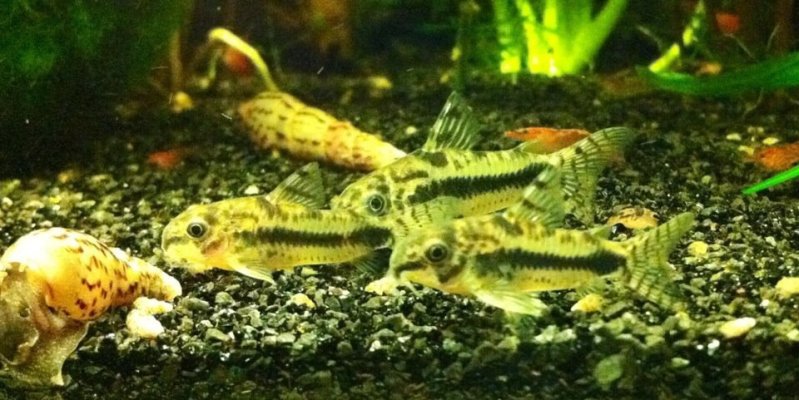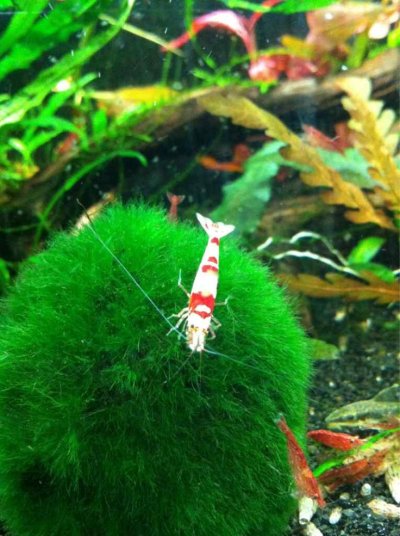Well you asked what we all thought and we all told you that we think you need water changes but it seems you just want to argue with all of us so why bother posting?
Also you can get TDS meters. Pretty cheap off of amazon.
^ +1 ^
Some men just want to watch the world burn.
SMH.

I didn't even argue with your post actually, Angela, I just asked additional questions. I WISH that people would argue more and dig for the answers, because then we'd have a lot more fish owners who take better care of their fish, instead of accepting things that they are told as fact without having anything to back it up. Example:
1 - "Can I put a goldfish in a one gallon bowl?"
2 - "Sure! It will just grow to the size of the tank that its in."
1 - "Okay."
And then that poor fish meets his untimely death due to and ill informed person who just accepted an answer without a second though or question.
Now if person number 1 had thought for a second and been like:
1 - "That doesn't sound right. How is that even possible?"
And continued to ask questions, and yes, argue, he may have learned the truth and decided against getting a goldfish and instead bought a few little white clouds or a couple little shrimp, who would fair much better if their water were cared for properly.
I just want answers, with reasons that make sense.
If I argue I expect the other person will argue back if they have any facts backing up their answer and at some point a conclusion will be reached and someone will have learned something.
If I'm wrong tell me why. If you just say that I'm wrong and nothing else, what reason do I have to believe you other than trusting the gut of a person who I don't even know? Now I'm just rambling. I don't know how to wrap this up. Er, the end.
I do have club members that have self sustaining tanks. But they are typically Heavily planted and very lightly stocked. Top off may be RO water or low TDS water. Yes there are TDS meters. Not expensive.
One way to really keep water clean is also plant your filter or use house plants growing out of the tank.
Pothos are a good choice.
Look up Walstad Method or read her book. Google planted HOB Filter
No water change tanks are a balancing act. I don't recommend them to most people.
Aquatic Plant Central and The Planted Tank forums have more info on El Natural tanks.
Sent from my iPhone using Aquarium Advice

!!!!! Thank you for the information and the resources. I'll check those out. Much appreciated.
Yes, your kh and ph will trend lower over time and need to be replaced. Ah, but why not just dose this?? Well, there's heaps of elements and we measure but a few. Salts building up would be the other concern.
A water change resets the system and keeps it consistent. This is also useful if you are dosing ferts in a high tech planted tank.
Regular water changes mean your tank water is close to the shop water in chemistry (hopefully).
I have done planted tanks with no water changes. Tanks did well but I tended to have fish lost when I did do a water change (although these were very large water changes and too much for fish to handle).
Edit - chloride building up would be a concern here as my tap water seems naturally high in it.
Thank you for the info in the 3rd paragraph, its nice to get a response with someone who has had some experience with a tank like this to back up their answers. Good point in the first paragraph.
How often did you do changes, and how much water? I'm also trying to figure out, if it is necessary to still do PWC, is it still necessary to do them weekly, or is once every 2 weeks plenty or maybe every three?
One thing I don't understand that both of you say though, is how salts would build up? Unless you mean by adding salts without doing a PWC.

 I didn't even argue with your post actually, Angela, I just asked additional questions. I WISH that people would argue more and dig for the answers, because then we'd have a lot more fish owners who take better care of their fish, instead of accepting things that they are told as fact without having anything to back it up. Example:
I didn't even argue with your post actually, Angela, I just asked additional questions. I WISH that people would argue more and dig for the answers, because then we'd have a lot more fish owners who take better care of their fish, instead of accepting things that they are told as fact without having anything to back it up. Example: !!!!! Thank you for the information and the resources. I'll check those out. Much appreciated.
!!!!! Thank you for the information and the resources. I'll check those out. Much appreciated.


